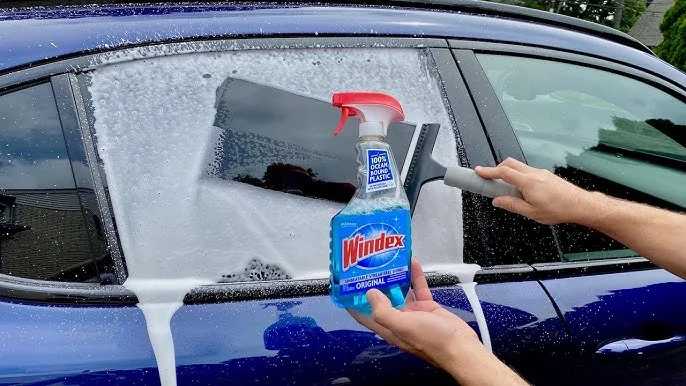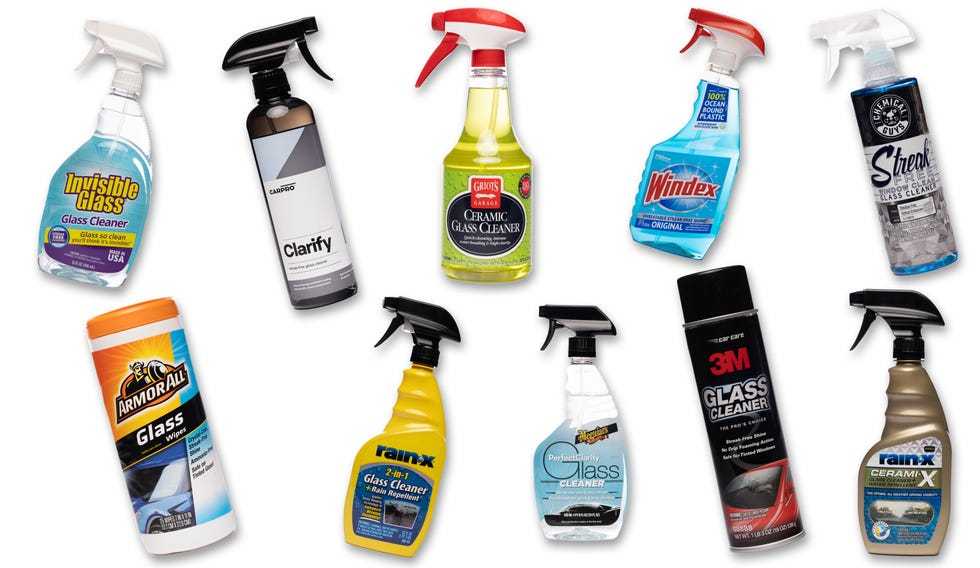Car window tint can last anywhere from 5 to 10 years, depending on factors like quality, climate, and maintenance. High-quality films tend to last longer, often around a decade, while cheaper options might need replacement sooner. Proper care and avoiding harsh conditions can extend the lifespan of your tint significantly.
In just a few years, your car’s window tint may start to show signs of wear, such as bubbling, fading, or peeling. But with the right type of film and proper maintenance, you can enjoy a sleek, protected look for much longer. Understanding how long your tint should last helps you plan for timely replacements and keeps your car looking sharp.
When it comes to how long car window tint lasts, many car owners wonder whether their investment will stand the test of time. The longevity of tinting depends largely on the quality of the material used and how well you care for it. Typically, good-quality tint can last between 7 to 10 years if cared for properly, while lower-quality films may need replacement every 5 years. Factors like exposure to sunlight, weather conditions, and regular cleaning all influence how long your tint will look its best. Being aware of these variables can help you decide when it’s time for a refresh, ensuring your vehicle remains comfortable and stylish for years to come.
How Long Does Car Window Tint Last?
Introduction to Car Window Tint Durability
Car window tint can last many years, but its lifespan depends on several factors. Knowing how long tint typically lasts helps you decide when to replace or maintain it. Proper care can also extend the life of your window tint significantly.
Factors Influencing the Lifespan of Car Window Tint
Many elements impact how long window tint remains effective and looking good. These include the quality of the tint material, how you care for it, and environmental conditions.
Quality of the Tint Material
High-quality window tint films tend to last longer than cheaper options. Premium materials often use better adhesives and UV-resistant layers that withstand wear and tear. Look for reputable brands when choosing tint for better durability.
Installation Quality
Professional installation ensures even application and fewer bubbles or gaps. Poor installation can cause peeling or bubbling sooner, reducing the lifespan of your tint.
Environmental Factors
Exposure to harsh weather, intense sunlight, and extreme temperatures can accelerate fading and deterioration. Vehicles parked outdoors all day or in sunny climates face more wear over time.
Caring and Maintenance Practices
Proper cleaning and maintenance can extend tint life. Use gentle cleaning products and avoid abrasive cloths that could scratch or lift the film.
The Typical Lifespan of Car Window Tint
Most car window tints last between 5 to 10 years. The actual duration depends on the tint quality and care taken.
Standard Tints (Lower Cost)
Budget options often last around 5 years before signs of fading or bubbling appear. They might need replacement sooner if exposed to harsh conditions.
Premium Tints (Higher Cost)
High-end films tend to last 8 to 10 years. Some can even maintain their appearance for a decade with proper care.
Signs Your Car Window Tint Is Deteriorating
Knowing the signs of aging helps in deciding when to replace your tint. Common indicators include:
- Fading or discoloration of the film
- Peeling or bubbling on the surface
- Loss of heat rejection properties
- Cracks or scratches in the film
Steps to Maximize the Lifespan of Your Window Tint
Follow these tips to get the most out of your window tint investment.
Regular Cleaning
Use a soft cloth and mild, ammonia-free cleaner to wipe the windows. Avoid harsh chemicals that can damage the film.
Minimize Abrasive Contact
Refrain from scrubbing the tint aggressively or using abrasive tools, which can lift or scratch the film.
Park in Shade When Possible
Reducing direct sun exposure slows down the fading process and preserves the tint’s color and integrity.
Handle Repairs Promptly
If you notice bubbling or peeling, consult a professional for repairs or replacement quickly to prevent further damage.
Environmental Impact on Car Window Tint Lifespan
Environmental factors like climate and daily driving habits significantly influence tint longevity.
Sun Damage and UV Exposure
UV rays break down the adhesive and film over time, leading to fading or cracking. UV-resistant tints last longer but still degrade eventually.
Extreme Temperatures
High heat can cause the adhesive to weaken, resulting in bubbling or peeling. Cold weather, on the other hand, can make films brittle.
Pollution and Dirt
Accumulated dirt and pollution can stain or degrade the film if not cleaned regularly. Keeping the windows clean helps maintain the tint’s appearance.
Comparing Different Types of Window Tints and Their Durability
Various tint types offer different lifespans and benefits.
Dyed Window Tints
These are affordable but tend to fade faster, usually lasting around 5 years. They are less resistant to UV rays and heat.
Metalized Window Tints
Metal particles reflect heat and UV rays better but may last up to 8 years. They can interfere with electronic signals in your vehicle.
Carbon Window Tints
A mid-range option that resists fading well, lasting about 8 years. They do not contain metal, avoiding signal interference.
Ceramic Window Tints
Considered the most durable and effective, these can last 10 or more years. They block more UV rays and do not interfere with signals.
Maintaining Your Car Window Tint for Longevity
Regular maintenance is key to keeping your window tint looking new.
Cleaning Tips
Always use soft cloths and non-abrasive, ammonia-free cleaners. Avoid harsh chemicals like bleach or alcohol-based products.
Protective Measures
Avoid rolling the windows down immediately after tint installation for at least 48 hours. This helps the adhesive cure properly.
Professional Inspections
Have your tint inspected during regular vehicle servicing to catch issues early. Professionals can recommend repairs or replacements if needed.
The lifespan of your car window tint hinges on its quality, installation, environmental exposure, and how well you care for it. High-quality films can last up to a decade, but aging and damage are inevitable over time. Proper maintenance and protecting your windows from harsh conditions can maximize your tint’s durability, saving you money in the long run.
How Long Does Ceramic Tint Last?
Frequently Asked Questions
What factors influence the longevity of car window tint?
The durability of car window tint depends on several factors, including the quality of the tint film, the type of adhesive used, exposure to sunlight, and how well the tinting is maintained. Higher-quality films with good UV resistance tend to last longer, while regular cleaning with appropriate products helps preserve their appearance and performance.
How can I extend the lifespan of my car window tint?
To prolong the life of your window tint, avoid rolling down the windows for at least a few days after installation. Park your vehicle in shaded areas whenever possible to limit sun exposure, and use gentle cleaning solutions to prevent damaging the film. Regular inspections and prompt repairs of any scratches or peeling also help maintain the tint’s effectiveness over time.
Are there specific signs that indicate my window tint is deteriorating?
Signs of degradation include bubbling, peeling, fading, or discoloration of the tint film. You may also notice a change in the tint’s opacity or an increase in glare. If any of these issues appear, it’s best to consult a professional to assess whether the tint needs replacement to ensure optimal performance and appearance.
Final Thoughts
Car window tint generally lasts between 5 to 10 years, depending on quality and maintenance. High-quality films tend to last longer and resist fading, bubbling, or peeling. Regular cleaning with proper products also extends its lifespan.
Ultimately, how long does car window tint last varies based on climate, exposure, and care. Proper maintenance can maximize durability, ensuring the tint remains effective and visually appealing for years to come.



